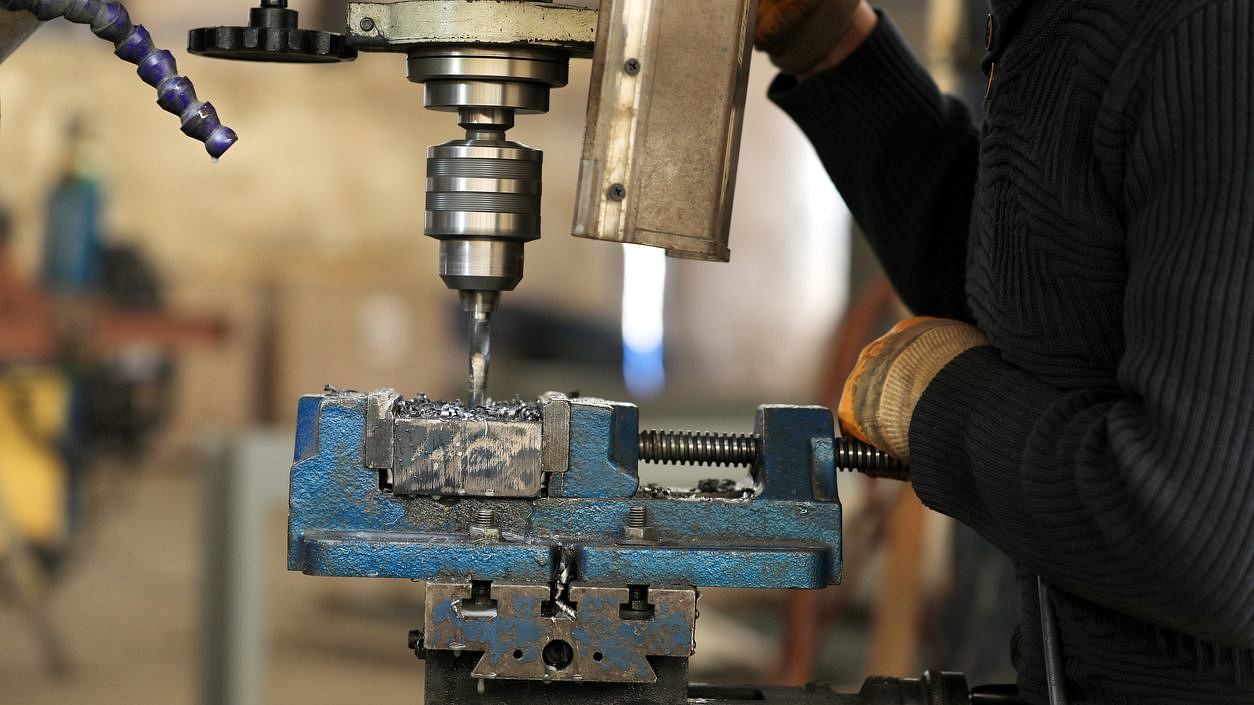
India's factory sector ended a rough 2020 on a stronger note as manufacturers boosted production to meet rising demand, a private survey showed on Monday, although the employment situation worsened as firms continued to reduce headcounts.
Manufacturing has been one of the main engines driving a recovery in Asia's third-largest economy after a coronavirus-induced slump early in the year. Business activity is slowly improving after contracting at an annual pace of 23.9% and 7.5% respectively in the April-June and July-September quarters.
The Nikkei Manufacturing Purchasing Managers' Index, compiled by IHS Markit, rose slightly to 56.4 in December from November's 56.3, above the 50-level separating growth from contraction for a fifth month.
"The latest PMI results for the Indian manufacturing sector continued to point to an economy on the mend, as a supportive demand environment and firms' efforts to rebuild safety stocks underpinned another sharp rise in production," noted Pollyanna De Lima, economics associate director at IHS Markit.
Both new orders and output continued to grow strongly, albeit at a slower pace. New export orders rose at the slowest pace in four months as a recent surge in coronavirus cases dampened overseas demand.
Rising demand, however, failed to improve conditions in the labour market, with manufacturers continuing to cut jobs.
"Once again, the survey brought the bad news of falling employment. However, the trend for jobs is at least moving in the right direction as the rate of contraction softened to the weakest in the current nine-month period of reduction," added De Lima.
Input prices surged at the fastest pace in over two years, threatening to squeeze profit margins as manufacturers were not able to fully pass rising costs on to customers.
That might keep overall inflation above the Reserve Bank of India's medium-term target range of 2-6% over the coming months, curtailing the chances of policy easing by the central bank.
Optimism about the next 12 months declined to a four-month low in December amid growing concerns over rising price pressures and the economic impact of the pandemic.